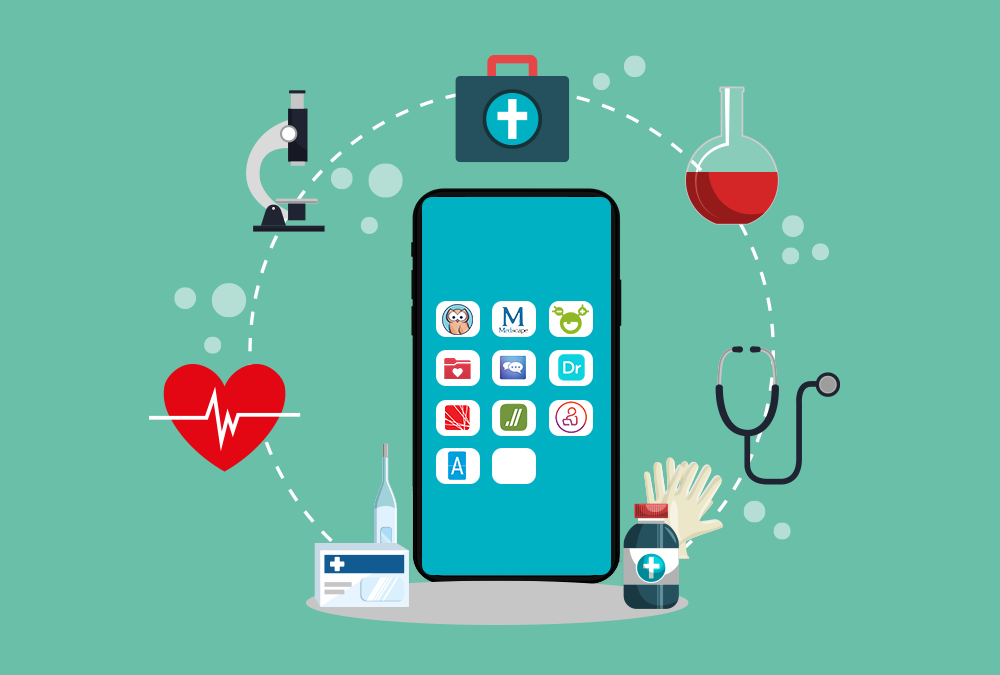
Your health and fitness information provides insight into the personal, often-sensitive details of your life. Protecting the privacy and security of this information, including what doctors you visit and what medical treatments or services you receive, allows you to control who has access to information about you, how much access they have, and when they have access. This enables you to protect yourself from potential discrimination, identity theft, or harm to your reputation.
It is important to know that most health and fitness apps are not covered by the HIPAA Privacy or Security Rules. This means any personal healthcare and fitness data entered, collected, or transmitted by those apps, that is stored on your personal smartphones or tablets, are not protected and there are no restrictions on disclosures of that information.
Below are some best practices to adopt when using health and fitness apps that will decrease personal information collected by the apps and limit the potential for disclosures of personal information, including geolocation data without the individual’s knowledge.
- Avoid, in the first place, downloading unnecessary or random apps, especially those that are “free.”
- Avoid, when asked, giving any app permission to access your device’s location data, other than those apps where the location is absolutely necessary (g., navigation and traffic apps).
To Turn Off Access to Location Services for All Apps (Note this may limit app functionality)
On Apple iOS Devices:
- Go to Settings (i.e., the gear icon) -> Privacy -> Location Services
If you select to turn off access to Location Services for all apps.
To turn off access to location information for apps individually, set Allow Location Access to Never for each app that you do not want to have access to your location.
- Go to Settings -> Privacy -> Location Services -> System Services.
You can turn off location access for various system services. By setting this, you may not be able to locate your device using Find My iPhone/iPad because it relies on location information to track your device.
You can also view recorded location information and turn off the function that records the locations where the phone or tablet has been by going to Significant Locations. Here, you can also delete recorded location information by selecting Clear History.
- Go to Settings -> Privacy -> Tracking
This will automatically deny all new requests for app tracking. However, Apple also retains its own settings related to targeted advertising. To turn off this function, go to Settings -> Privacy -> Apple Advertising and turn off Personalized Ads.
On Android Devices:
- Go to Settings (i.e., the gear icon) -> Location
Set Location to “off”
Next, choose (depending on your version of Android) Location Services or Advanced. You can turn off location access for various system services. However, doing this may limit the functionality of your phone or tablet.
- Go to Settings -> Location -> App permission or App location permissions (depending on the version of Android)
View the list of apps that have access to your location information and turn off location access to apps individually. Select the app and choose Don’t allow. However, turning off location access to the app may limit app functionality. Go to Settings -> Privacy -> Ads -> Delete advertising ID
- Third parties track your activities to deliver targeted advertising by using your advertising ID. You can delete your advertising ID to limit such tracking from here by tapping Delete Advertising ID.
Earlier versions of Android may not include this capability. In these instances, you can go to Settings -> Google -> Ads -> Reset advertising ID and tap OK and enable Opt out of Ads Personalization to request that apps not track you.
What else can I do to keep personal and health information on my personal cell phone or tablet private?
To increase your privacy, consider using communication apps, mobile web browsers, and search engines that are recognized as supporting increased privacy and security.
- For example, the Federal Trade Commission has published resources on how to protect your privacy when using apps at https://consumer.ftc.gov/articles/how-protect-your-privacy-apps.
- Also, Consumer Reports publishes reviews of the data practices of electronic products at https://www.consumerreports.org/issue/data-privacy.
To identify apps with an increased focus on privacy and security, look for ones that do the following:
- Use strong encryption by default when transmitting data.
- Enable technologies to limit or block tracking tools, such as cookies and web trackers. (Tracking tools collect information about what you do online, such as who you are and which websites you visit.)
- Do not collect and store personal information.
Ultimately, the best way to protect your health and personal information from being collected and shared by your personal cell phone or tablet without your knowledge is to limit what personal information you send and store on or through the device. If you are concerned about your cell phone or tablet tracking your location and activities, consider leaving the device at home.
***Finally, before disposing of an old cell phone or tablet, you should take all of these steps to protect the privacy of your health and personal information:***
- Securely delete all stored data on it.
- Remove and destroy the SIM card if you do not plan to re-use it in another device.
- Recycle the cell phone at an appropriate electronic recycling location.
If you would like general information about HIPAA, click to view the HIPAA page. Here you can find all the HIPAA policies or to report a suspected privacy concern.
